Graduate EXPERIENCES
We are proud of our graduate students, past and present. In addition to these testimonials,
see the directory of current PhD students and candidates, and a collection of alumni news.
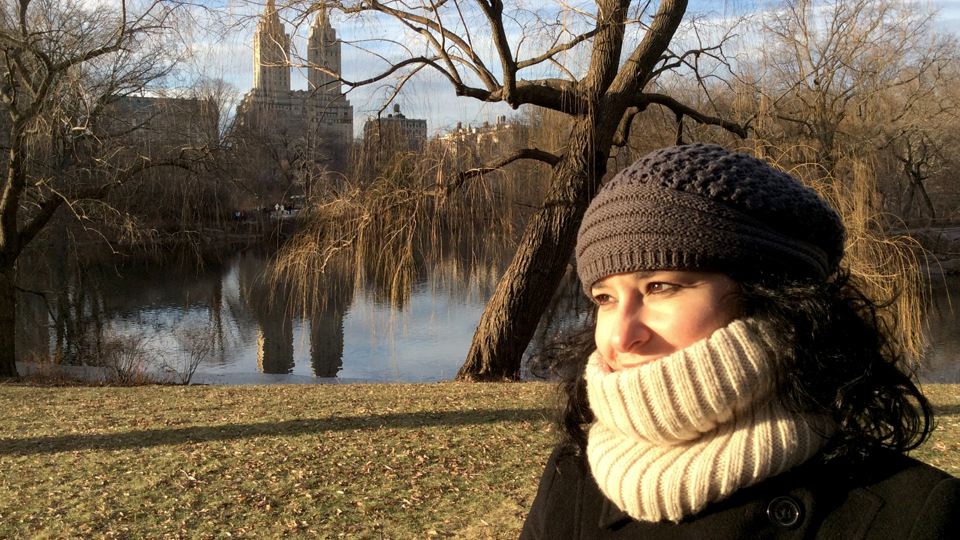
Prior to starting my PhD, I worked for seven years in regional development projects in Colombia's epicenter of illicit coca and cocaine production. This experience provided me with firsthand knowledge about grassroots coca communities. I became interested in how coca peasants considered "outlaws" were, paradoxically, concerned with state-building in their local milieu. I incorporated those insights into my MA thesis in political science at the National University of Colombia. I entered the PhD program at Stony Brook with the desire to study the history of coca peasants in Colombia.
I was attracted to the program because of its strengths in Latin American studies. The seminars, in-class discussions, and preparation for oral exams provided me with an opportunity to rigorously engage with the literature and historiographical debates. They also awoke my interest in the Andean region and allowed me to draw connections and disparities between the countries. The intellectually stimulating faculty members brought the best out of me and gave me invaluable advice while allowing me academic freedom.
In support of my graduate studies, I have been awarded fellowships from the Drugs, Security, and Democracy Program of the Social Sciences Research Foundation (SSRC), the Inter-American Foundation Grassroots Development Fellowship, the Latin American & Caribbean Studies Center at Stony Brook, as well as the agency in Colombia that supports research (Colciencias). I am really excited to write my dissertation on the historical roots of illicit coca in Colombia, a topic that I am passionate about. I am greatly thankful to the history faculty for encouraging me to develop my research skills and for their relentless support. I recommend this program for students coming from the U.S. or Latin America, or any other part of the world, who are interested in Latin American history.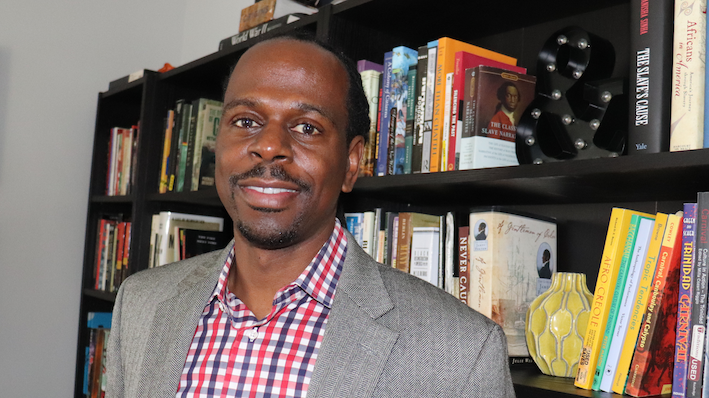
When I decided to apply to PhD programs, I narrowed down my options. One of those was Stony Brook University. Stony Brook was a well known comprehensive research school and the History graduate program was highly regarded. I entered the doctoral program with the hope I'd be challenged in new and exciting ways. That first year I found out just how true this was! I was introduced to concepts and theories that opened up for me entirely new ways of approaching, understanding, and interpreting history.
Over the years, the program also prepared me for the profession. I was encouraged to attend conferences and present papers before established scholars. I gained invaluable lessons on teaching history in the classroom and was able to design my own courses. Along with this were workshops and colloquiums that helped immerse me in a dynamic academic environment. Most importantly, the department has a faculty and staff who were always accessible, encouraging, and supportive of the success of its students. This well-rounded experience helped me achieve my goals (including the most important one—graduating!) and ultimately secure a career as a historian.
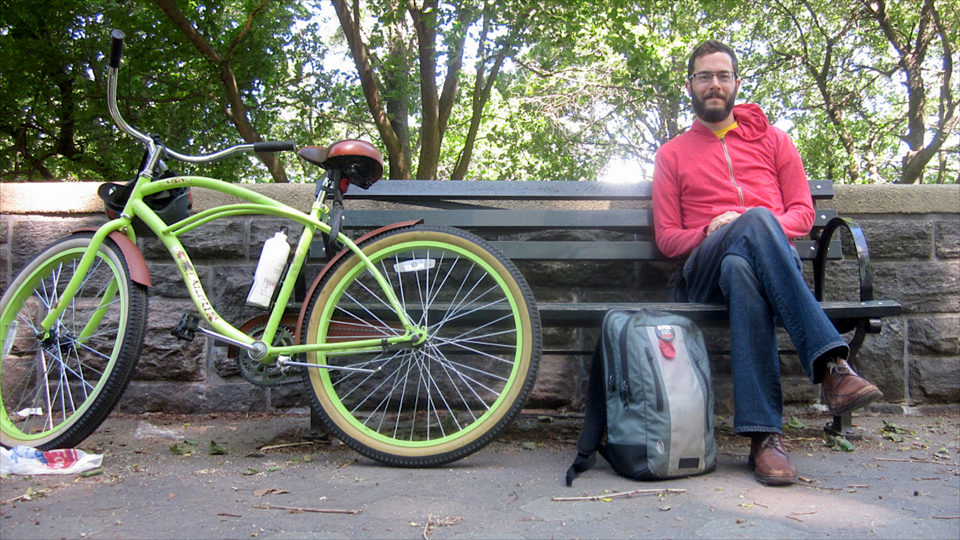
I was drawn to pursue my PhD at Stony Brook because of the History Department's strengths in the field of environmental history. The graduate curriculum exposed me to new areas of the world, new temporalities, and new theories and methods for crafting engaging stories about the past. I came into the program with a desire to study the environmental history of indigenous peoples, but I knew little more about my own interests than that. After taking a class in Chinese history, I was able to find my footing in the middle of the Pacific Ocean: bringing together studies in American history and East Asian history, while capitalizing on the department's increasing strengths in transnational studies. My first-year classes exposed me to literature on commodities and capitalism, and my dissertation project emerged out of these readings and ruminations: I would research the things that moved among Hawai'i and the islands, coasts, and continents that surround Hawai'i. I was able to incorporate the theories and historiographies that I encountered in my graduate classes into my research project: imperial Chinese history, transnational environmental history, U.S. history, material cultural studies, the history of the body.
Stony Brook's History Department was fertile ground for testing out new ideas. I presented my work at departmental colloquia, and I even helped run the colloquium program for one year. I was awarded funding to present my work at national conferences, and I won competitive awards from the History Department as well as the Graduate School to help fund dissertation research in Hawai'i. As I moved toward completion of my dissertation, my advisor and committee members were always available—in person, on the phone, or even on the sidelines of national conferences—to give me feedback on my chapters as well as provide advice on the job market. I now teach at a small liberal arts college in the South where I am tasked to guide undergraduate students in yet new fields of inquiry: public history, oral history, queer studies. My Stony Brook education gave me the tools I need to approach any subject or discipline with an open and inquisitive mind. And as I work toward revising my dissertation into a book, the strengths of each chapter reflect the encouragement and wisdom of the Stony Brook faculty who helped me imagine this project from the ground up.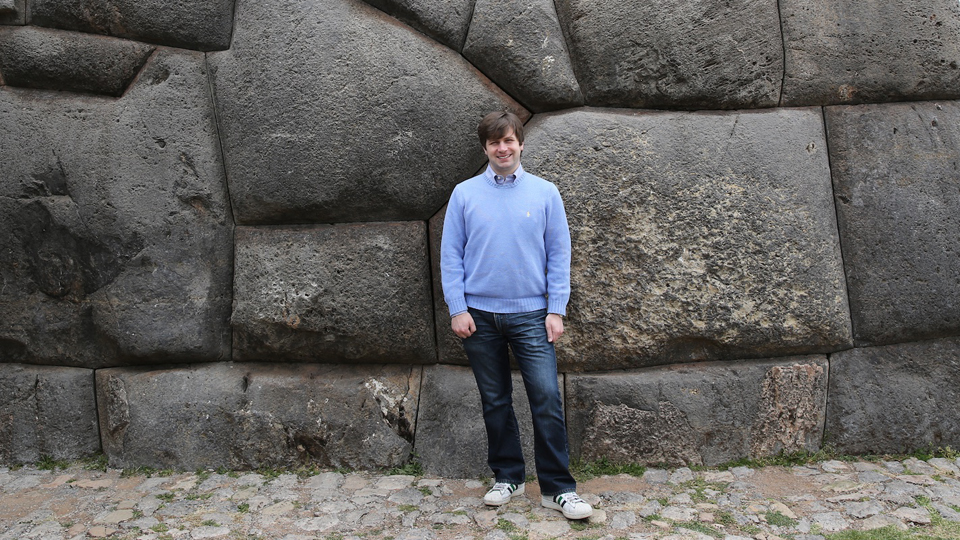
My experiences as a doctoral student at Stony Brook's History Department were the most important in my intellectual and professional development. First, I benefited from the department's well-respected Latin American specialists and its reputation for producing well-rounded and prepared Latin Americanists for the job market. Second, the department's curricular focus helped introduce me to new fields of historical thought and prepared me for a professional academic career. The innovative theme seminars introduced me to new ways of approaching the study of history while the research seminars and prospectus helped me hone my investigative skills and develop a viable and rewarding dissertation project.
Finally, I benefited from the program's collegiality. At Stony Brook, the program's teachers and students understand the difference between challenge and conflict. In classrooms, research, and debate both professors and grad students challenge one another constructively. As grad students we didn't see ourselves as competing for jobs or grants, but as a group of friends working together to make a productive, and fun, environment. This sense of community doesn't end at the doctoral defense. Even now I am in professional and personal contact with Stony Brook professors and friends.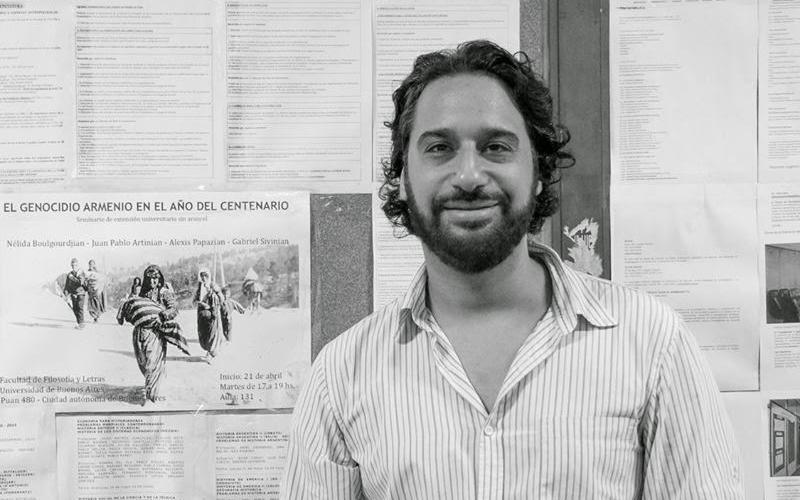
In 2006, I arrived in Stony Brook from the University of Buenos Aires. I received full funding to pursue my PhD studies, leaving me with feelings of gratitude for the material and spiritual support of the History Department to this day. The intellectual and personal journeys I undertook are mixed within an experience that has transformed my gaze upon the world, both how I view the past and the future. I benefited from university education, but also from the vital experience of New York City and its rich intellectual, artistic and political life. The possibility of living in this vertiginous center, of the most cosmopolitan and global focal points, is central to what one appreciates about Stony Brook. It was this academic and sentimental journey that transformed my intellectual and personal outlook.
As a young Argentine, someone who was part of a legion of students who had arrived over the decades from Latin America, I reached Stony Brook to discover the possibility of new horizons. My previous training had been within an historiographical tradition mostly attuned to a “classic canon”; through the experience of Stony Brook I was able to open myself up to other theoretical and thematic vistas and themes. At the same time, the professors in Latin American Studies fell along an historiographic and personal intersection that built upon my own knowledge—one that I had drawn from my previous education—and the push to expand my own vision toward new directions. Furthermore, I was able to enrich myself with a Graduate Program that included professors from other areas ranging from cultural history to Africana Studies. I was able to listen to lectures, conferences and panels by protagonists of historical events and pioneers in a wide variety of fields: history, sociology, anthropology.
I owe the members of the department my gratitude for the constant support they have provided, especially through their letters of recommendation that allowed me to obtain the support of various prestigious external fellowships such as the Tinker Foundation and the Mellon Foundation. The opportunity to exchange ideas and socialize with students from different parts of the world was a life-changing experience, one of enrichment that transcended academic boundaries to become a footprint upon one's soul. Teaching and writing are now part of my profession, but these are also elements of a personal and passionate engagement, one that is indebted to Stony Brook's History Department, its staff, alumni and professors.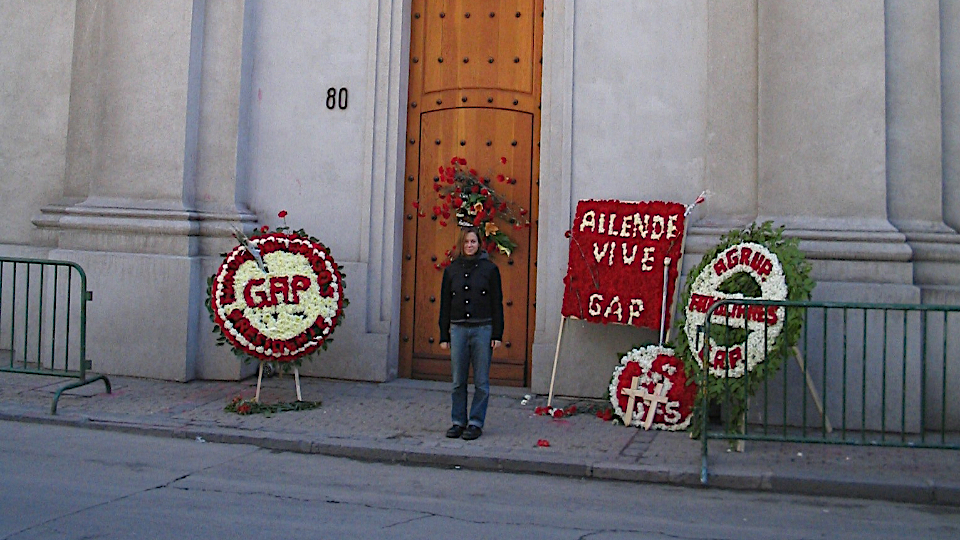
I came to Stony Brook without a clear idea of what I wanted out of a PhD program, beyond studying history. My initial enthusiasm came from reading about the faculty's strengths in Latin American studies. I was also drawn to the thematic structure of the program. My coursework inspired me to think broadly about the significance of historical research and to approach my dissertation deliberately. Faculty guided me through the process of grant applications. While a graduate student, I received research fellowships from the Social Science Research Council and the American Association of University Women. I also gained experience as a research and teaching assistant.
Stony Brook has a dynamic intellectual environment to offer students, including a rich calendar of events, workshops, and student conferences. The faculty encourages students to take courses outside the discipline. I took seminars in sociology, philosophy, and gender studies. That experience has helped me as Hofstra University's director of Women and Gender Studies, as well as its director of Latin American Studies. Moreover, my first book, Citizens and Sportsmen: Fútbol and Politics in Twentieth-Century Chile, drew upon a wide range of methodological approaches. And my current project, Futbolera: Women, Gender, and Sexuality in Latin American Sport, moves beyond Chile to examine Argentina, Brazil, and Mexico. Again, Stony Brook's strengths in gender and Latin American studies during my doctoral education provided the foundation for this work.
At Stony Brook, the faculty made a concerted effort to encourage collaboration among students. I benefited enormously from the insights of my cohort, many of whom came from Latin America. Years later, they remain cherished colleagues. It's a testament to strength of the graduate program at Stony Brook that I still feel as though I belong to its scholarly community.
Undergraduate experiences
Our History majors have gone on to earn advanced degrees and find employment in a
diversity of fields, including Law, Public Policy, Government Service, Education,
and the Non-Profit Sector. See the selected testimonials below as a small sample
of what our amazing alumni have accomplished.
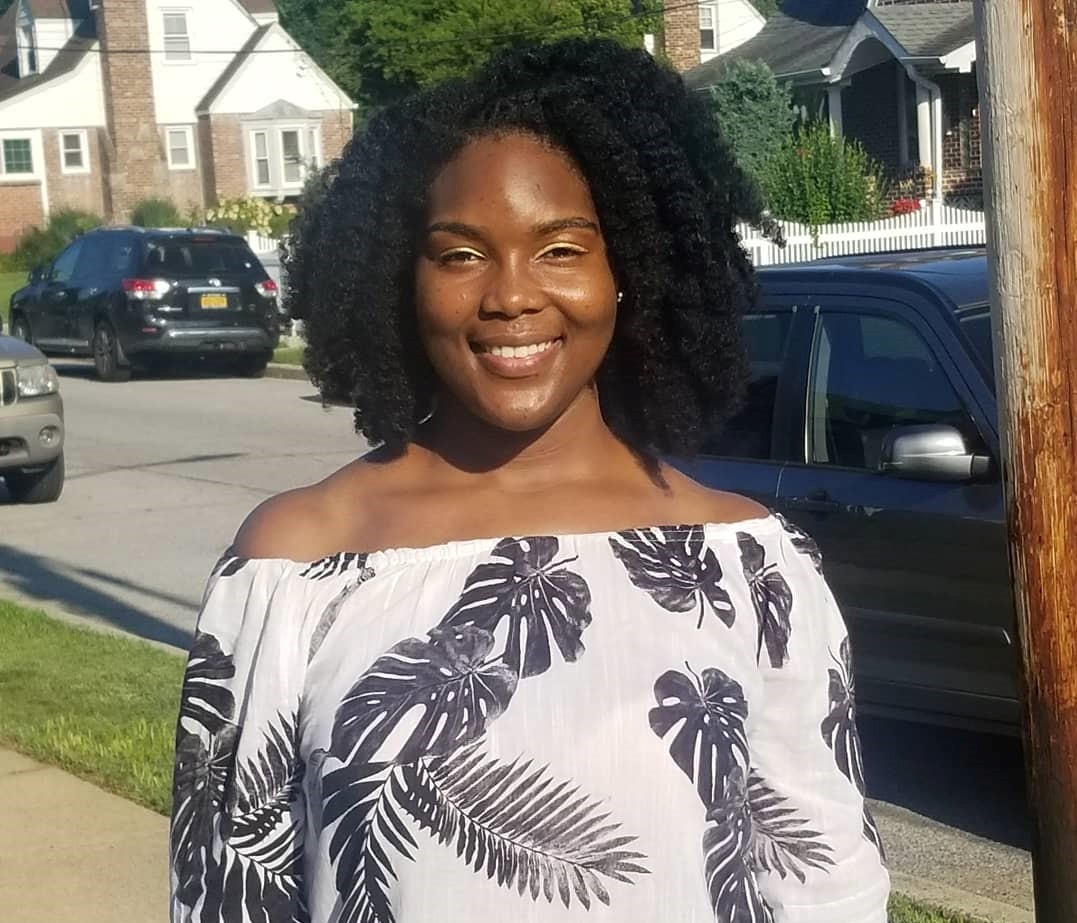
History? Who majors in that?! Well, I did, and it was by far one of the best decisions I made as an undergraduate. What I enjoyed most about the major was the variety that it provided in terms of course topics, and the awareness that I developed as I moved from one subject to the next. Each instructor brought their own personality and expertise to the classroom, making each class unique. I went from one class where we deep dived into medieval history on to another where we relied on an authentic Mexican family recipe to make guacamole in class. Along with the fun came a balance of in-depth discussions and a continuous examination of the roles that race, culture, social systems, and more play in our society.
During my time at Stony Brook University, I joined the history honor society, Phi Alpha Theta, where I served as Secretary and then Vice President. While in leadership, we organized fundraisers and held events both off and on-campus, including a trip to the Paul Revere House in Boston, MA. It was a great way to cultivate friendships and connect with individuals who were as passionate about the major as I was. In addition to this, I was able to earn credits towards my History degree by studying abroad in Madrid, Spain during the last semester of my senior year. Living abroad, I was able to fully immerse myself in the Spanish culture by residing with a host family, volunteering at a local elementary school, studying Spain's art and history, and completing all my coursework in the Spanish language.
Through my studies, I have learned how to think more critically about the world around me. This includes considering diverse perspectives, analyzing and evaluating various sources of information, and putting into context events of the past to better understand their influence on our current state of affairs. In addition, I developed an ability to communicate effectively and efficiently both orally and through writing, grounding my thoughts and opinions in facts and research. The skills and experiences I have gained have proven to be invaluable to me and have helped to propel me in my career. Since graduating, I have been able to find success working in the non-profit sector, leveraging my skills to achieve mission-driven work.
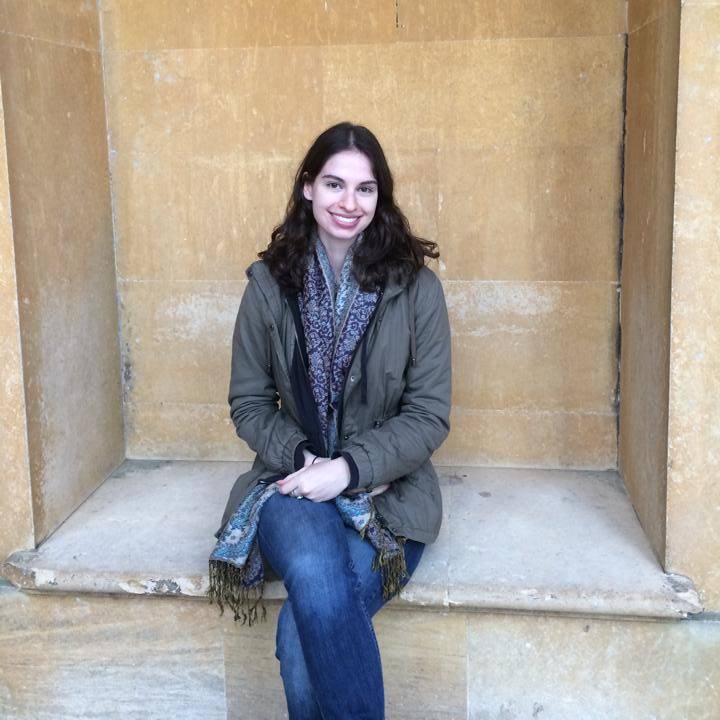
The best part of being a history major was that I got to study what I find compelling and am passionate about. I was able to gain perspectives on the world that non-history majors don’t have the opportunity to acquire, and I had a great time doing unique things in my history classes, including acting as the judge in a mock trial of Hernán Cortés in Professor Newman’s Aztec Civilization class. I have a lot of fond memories of my history classes, but more than that, the coursework taught me fundamental skills that are necessary to succeed on any career path.
My history courses challenged me in the best way, by making me think critically, complete research, analyze and interpret data, and write persuasively. With every class, I was able to gain a new perspective on the world, and every history professor knew how to make the material interesting and accessible. I am also appreciative of the conversations I had with my professors and their constructive feedback on my work.
Currently, as a Publishing Editor at Cambridge University Press, I act as a manager of STM research journals. I make sure they are running smoothly and are profitable, work with Editors-in-Chief and managing editors, negotiate with societies who own the journals and contract with Cambridge to publish them, promote journal development, and coordinate with the marketing, advertising, sales and production departments.
Writing essays, doing research, taking timed written exams, and giving in-class presentations, are all aspects of being a history major. And these are the foundational skills necessary to succeed in the professional world. I use those skills every day.
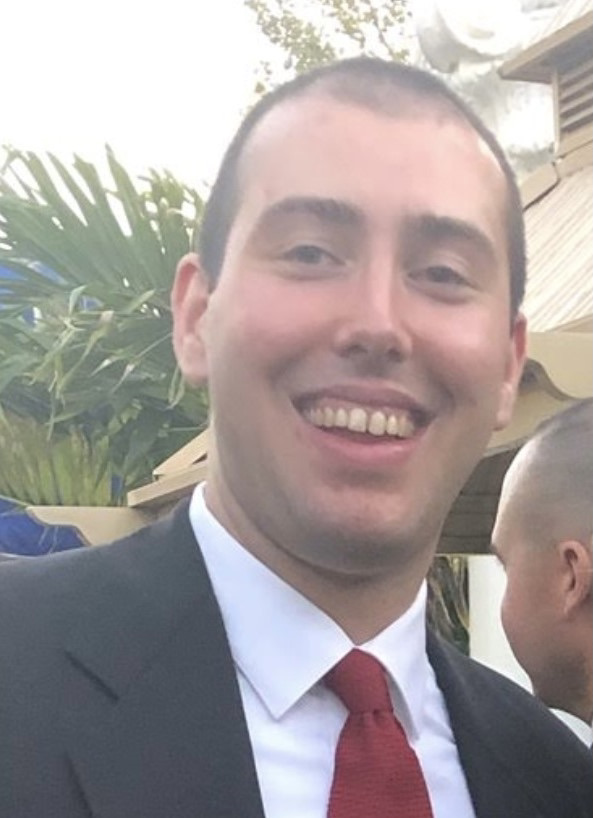
There are so many great things about the History Department at Stony Brook, including the helpful professors and varied course offerings. The thing that has helped me the most in my professional career, though, is the emphasis on research and writing. Especially in upper-level classes, I worked on advanced writing assignments using a variety of historical sources. Working closely with my professors, I was able to hone my research and writing skills and enhance my ability to present clear, coherent arguments.
The History Department’s emphasis on research and writing is useful in any professional field. But as an attorney, it is absolutely critical. As a Senior Court Attorney in New York State Supreme Court, I assist the Judges with researching and writing decisions. Similar to my time as a history student, my days consist of researching primary sources—in my job, prior court decisions—and applying them to support a conclusion. At its core, a major part of being an attorney is researching the law and applying it to the facts at hand in a persuasive manner.
The research and writing skills that I sharpened as a history major transfer well into any profession. At the end of the day, anyone can learn new subject-matter that is particular to a new job. But fungible skills, such as researching, writing, and the ability to present clear and cohesive arguments, are the cornerstones of virtually all careers. Whatever career you choose, you’ll have to advocate for something. It may not be in a courtroom; it may be in a conference room, or even just your boss’s office. But across the board, people appreciate clear, coherent writing and the ability to synthesize information and apply it. These fungible skills—emphasized in the History Department—will lead to success in any career that you choose.My undergraduate History education has served me well in my career path. Although the work I do is not directly connected substantively to the issues I focused on as a History major at Stony Brook – I was primarily interested in studying post-WWII U.S. foreign policy, genocide, and the failures of international human rights law in addressing genocides – I nevertheless draw upon the solid foundation I developed at Stony Brook in my role as an attorney at the US Food and Drug Administration.
This is because a liberal arts education fundamentally differs from a trade-style education. In the latter, a student directly applies his or her education in the work force, and it’s a disservice to the liberal arts model of education to expect that it will function, post-graduation, as a trade-style education. A trade-style education would have led to a linear career path with natural, more obvious, progressions, whereas my liberal arts education helped train me how to think critically and taught me essential core skills that I have built upon in each of my professional roles: critical thinking, reading source materials, analysis, and writing.
I am currently serving as Associate Chief Counsel at the U.S. Food and Drug Administration. I graduated from Stony Brook with a degree in History in 2005, worked for an interfaith NGO for a year, and then went on to law school at Yale. After graduating from law school in 2009, I worked at an international law firm in Washington D.C., where I did litigation and regulatory counseling. My ultimate goal was to work in public service, and after four years in private practice I took an additional science class –specifically about vaccines– and then joined the FDA Office of the Chief Counsel, where I focus my legal practice on the regulation of biological products (such as vaccines, gene therapies, and blood products), drug safety, First Amendment issues, and advertising and promotion of drugs and biological products. I consider myself extremely fortunate to have the opportunity to practice law in such a fascinating area with an immense impact on the public.
In every step of my career, I have drawn upon the core skills I developed in my History education. The professors in the History department were not only excellent teachers of History, but also of those core skills I mentioned. Every class, seminar, and recitation, involved assignments that challenged me to hone my abilities to read large volumes of content, critically analyze that content, and write an analysis of it. I always received helpful feedback on my writing and insights, and my professors pushed me to improve my skills and showed me where I had room for improvement. And of course, to top all of that off, I spent my senior year working on a challenging and fulfilling senior honors thesis with Dr. Susan Hinely entitled "Geopolitics and Justice: The Cambodian Genocide and the Failures of International Human Rights Law.” My thesis was an analysis of the Vietnamese invasion of Cambodia, which ended the Cambodian genocide but also commenced a 10-year occupation of Cambodia and was committed in violation of international legal norms. Again, the subject of this thesis bears no connection to my current practice as an attorney, but I absolutely draw upon the skills I developed in the thesis research, development, and writing process.
